We wanted to share Business insider Post to their list of the 31 most influential Business books
Viewing entries in
skills
HBR Article by Shawn Achor and Michelle Gielan
After working hard for long hours and toughing it out, we at least expect success. However, more often than not, at the end of the day we are exhausted and still have a long list of tasks to complete. Why does this happen? According to the authors, working adults have a fundamental misunderstanding of what it means to be resilient. Yes, resilience involves working hard, but it also requires one to stop, recover, and then begin the hard work again. Recovery is key to maintaining good health, but also preventing lost productivity. To build resilience, you need to be willing to stop. This means spending some time away from your phone, eating lunch away from your desk, and actually using your vacation time.
Performance or Trust, which one do you prefer?
Which one makes your team succeed? Do you need both? You get all the answers in the Simon Sinek’s two minutes video below and our SMART APPROACH TO REMOTE WORK MANAGEMENT.
Video Transcript
I work with the Navy. I've worked with the Navy Seals, and I asked them like who do you how do you pick like the guys that go in SEAL Team 6 right because they're the best of the best the best, the best. And they drew it. They drew a graph from me, and on one side they drew they wrote the word performance, and on the other side they were they wrote the word trust. The way they define the terms is the performance on the battlefield and performance off the battlefield. So these are your skills; this is how you make your quarterly earnings whatever; however, you want to translate it right performance; it is traditional. This is how are you off the battlefield what kind of person you are. The way they put it is I trust you with my life, but do I trust you with my money and my wife. This is what they told me. Nobody wants this person, the low performer of low trust, of course. Of course, everybody wants this person the high performer of high trust. Of course, what they learned is that this person the high performer of low trust is a toxic leader or a toxic team member. They would rather have a medium performer of high trust, sometimes even a low performer of high trust. It's a relative scale over this person. This is the highest performing organization on the planet, and this person is more important than this person, and the problem in business is that we have lopsided metrics. We have a million-in-one metrics to measure someone's performance, and negligible to no metrics to measure someone's trustworthiness. And so what we end up doing is promoting or bonusing toxicity in our businesses, which is bad for the long game because it eventually destroys the whole organization. The irony is it's unbelievably easy to find these people. Go to any team and say who's the asshole, and they will all point to the same person. Equally, if you go to any team and say who do you trust more than anybody else who's always got your back and when the chips are down, they will be there with you; they will also all point to the same person. It's the best gifted natural leader who's getting who's creating an environment for everybody else to succeed, and they may not be your most individual highest performer but that person you better keep them on your team,
You’ve heard about multicultural societies and groups, but have you thought about multicultural individuals and what they bring to organizations? Multicultural individuals — such as Chinese-Canadians, Czech-British, or Arab-Americans — commonly think, perceive, behave, and respond to global workplace issues in more complex ways than monocultural individuals.
Some multicultural individuals translate these differences into career success.
Some people have it, and others don’t—Jeffrey Pfeffer explores why in Power. One of the greatest minds in management theory and author or co-author of thirteen books, including the seminal business school text Managing With Power, Pfeffer shows readers how to succeed and wield power in the real world.
Plenty of experts argue that anyone who wants to develop a skill, play an instrument, or lead their field should start early, focus intensely, and rack up as many hours of deliberate practice as possible. If you dabble or delay, you’ll never catch up to the people who got a head start. But a closer look at research on the world’s top performers, from professional athletes to Nobel laureates, shows that early specialization is the exception, not the rule.
David Epstein examined the world’s most successful athletes, artists, musicians, inventors, forecasters and scientists. He discovered that in most fields—especially those that are complex and unpredictable—generalists, not specialists, are primed to excel. Generalists often find their path late, and they juggle many interests rather than focusing on one. They’re also more creative, more agile, and able to make connections their more specialized peers can’t see.
Provocative, rigorous, and engrossing, Range makes a compelling case for actively cultivating inefficiency. Failing a test is the best way to learn. Frequent quitters end up with the most fulfilling careers. The most impactful inventors cross domains rather than deepening their knowledge in a single area. As experts silo themselves further while computers master more of the skills once reserved for highly focused humans, people who think broadly and embrace diverse experiences and perspectives will increasingly thrive.
Author David Epstein says diverse experiences are helpful in science, music, parenting and even sports. One example: Roger Federer. He decided to focus on tennis after growing up playing several sports. Epstein joins "CBS This Morning" to make the argument for generalization over specialization.
David Epstein discusses his book, "Range", with Daniel Pink at Politics and Prose. In The Sports Gene, Epstein explored what goes into the making of top athletes. His new book builds on that research, revealing the factors that enable people to excel not only in sports but in the arts, business, and science.
by Jill Soley and Todd Wilms
It's the Golden Age of the entrepreneur. Hundreds of thousands of new businesses are started in the US alone every year. A plethora of tools and platforms make it easy to bring new apps and services to life.
But a great product is not enough.
A great idea needs a smart strategy to reach the right market. In Beyond Product, marketers Todd Wilms and Jill Soley bring over 50 business leaders, entrepreneurs, and investors together to help founders take their organization through each stage of growth, overcome obstacles and learn from common mistakes.
You'll discover:
What marketing work needs to happen long before a product is built
When to bring on the first marketing hire
How to find great resources--even on a budget
What founders should focus on at each stage of their growth
How founders can control their exit, even if it is far in the future
"THE marketing book for non-marketers. Startups, small business owners, even product managers at larger companies, this book is for you."
by Matthew Dixon and Brent Adamson
What's the secret to sales success? If you're like most business leaders, you'd say it's fundamentally about relationships-and you'd be wrong. The best salespeople don't just build relationships with customers. They challenge them. The need to understand what top-performing reps are doing that their average performing colleagues are not drove Matthew Dixon, Brent Adamson, and their colleagues at Corporate Executive Board to investigate the skills, behaviors, knowledge, and attitudes that matter most for high performance. And what they discovered may be the biggest shock to conventional sales wisdom in decades.Based on an exhaustive study of thousands of sales reps across multiple industries and geographies,The Challenger Sale argues that classic relationship building is a losing approach, especially when it comes to selling complex, large-scale business-to-business solutions. The authors' study found that every sales rep in the world falls into one of five distinct profiles, and while all of these types of reps can deliver average sales performance, only one-the Challenger- delivers consistently high performance.Instead of bludgeoning customers with endless facts and features about their company and products, Challengers approach customers with unique insights about how they can save or make money. They tailor their sales message to the customer's specific needs and objectives. Rather than acquiescing to the customer's every demand or objection, they are assertive, pushing back when necessary and taking control of the sale.The things that make Challengers unique are replicable and teachable to the average sales rep. Once you understand how to identify the Challengers in your organization, you can model their approach and embed it throughout your sales force. The authors explain how almost any average-performing rep, once equipped with the right tools, can successfully reframe customers' expectations and deliver a distinctive purchase experience that drives higher levels of customer loyalty and, ultimately, greater growth.
According to recent studies in neuroscience, the way we learn doesn't always match up with the way we are taught. If we hope to stay competitive-academically, economically, and technologically-we need to rethink our understanding of intelligence, reevaluate our educational system, and reinvigorate our commitment to learning. In other words, we need "disruptive innovation."
The same apply for learning in business. The way we trained and maintained our knowledge are obsolete. New systems for disruptive learning need to be implemented. This is the reason why we recommend “Disrupting Class” in our Transformation manual < Idea to Impact >
Now, in his long-awaited new book, Clayton M. Christensen and coauthors Michael B. Horn and Curtis W. Johnson take one of the most important issues of our time-education-and apply Christensen's now-famous theories of "disruptive" change using a wide range of real-life examples. Whether you're a school administrator, government official, business leader, parent, teacher, or entrepreneur, you'll discover surprising new ideas, outside-the-box strategies, and straight-A success stories. You'll learn how:
Customized learning will help many more students succeed in school
Student-centric classrooms will increase the demand for new technology
Computers must be disruptively deployed to every student
Disruptive innovation can circumvent roadblocks that have prevented other attempts at school reform
We can compete in the global classroom-and get ahead in the global market
Filled with fascinating case studies, scientific findings, and unprecedented insights on how innovation must be managed, Disrupting Class will open your eyes to new possibilities, unlock hidden potential, and get you to think differently. Professor Christensen and his coauthors provide a bold new lesson in innovation that will help you make the grade for years to come.
The future is now. Class is in session.
Why do many transformations fail and only a few succeed? Because most companies focus purely on technology and completely forget about their people.
Everyone enters the world of work at some point, but very little of what we learn in the classroom prepares us for the reality of working life and how to run a business. Whatever issues you might face…












